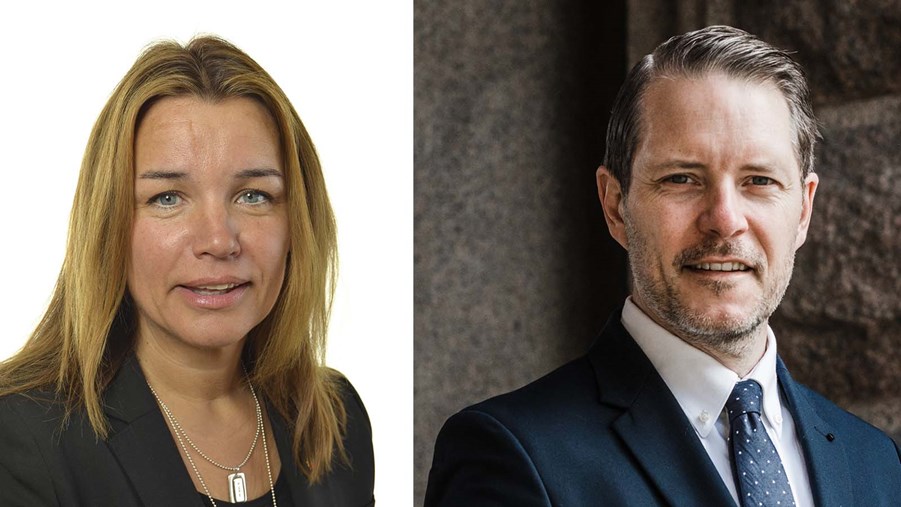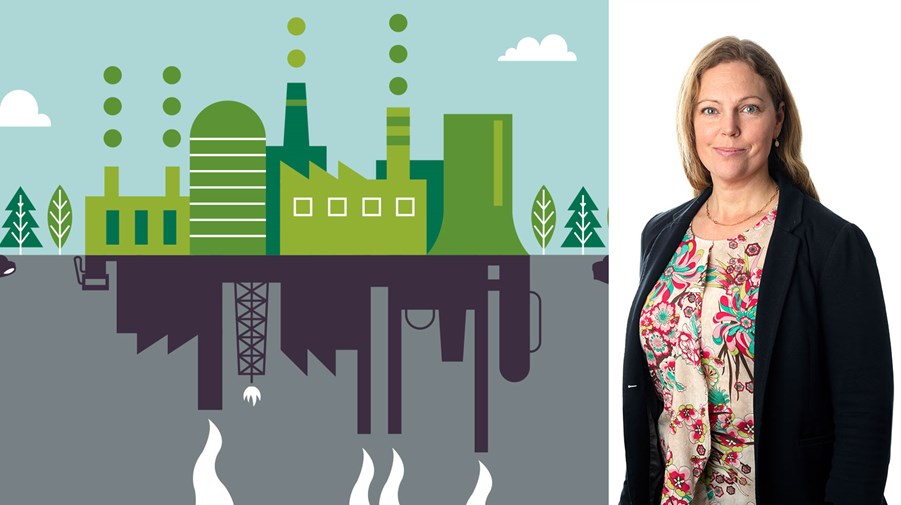
The Industrial Emissions Directive is about to be revised. The EU Commission is aiming to expand the legislation to also include climate, energy, and the circular economy, as well as apply it to more industries.
Intensive work is currently underway by the Commission with new legislation and revisions of existing directives with the aim of making the EU climate-neutral by 2050. One such directive is the IED, to which the Commission has submitted 180 amendments. In short, the directive stipulates that industries must have permits and use the best available technology to reduce their emissions to air and water.
At the seminar entitled “How Can the IED Contribute to the Green Deal – what is the role of business policy in the revision?”, there was a discussion about the upcoming changes and what they could mean for Swedish industries. The discussants were the chairmen for the Committee on Industry and Trade, Lars Hjälmered (Moderate party), Anna-Caren Sätherberg (Social Democrats), and Jenny Svärd from the Confederation of Swedish Enterprise. In the conversation one theme emerged, namely a worry that new legislation would collide with other EU-laws and directives. The situation in Sweden is all the more precarious due to the national Environmental Code - something that is not a matter of course in all Member States.
"My concern is that the new proposal will be too detailed. It is important to ensure that it does not become an obstacle to important innovations that both benefit the environment and make the Swedish industry more competitive," said Anna-Caren Sätherberg.
Lars Hjälmered agrees:
"We must avoid duplicating or even triplicating regulation. A good next step might be for the government to appoint a broader reference group with different ministries and a high presence from business and industry organizations to gather expertise."
This proposal is welcomed by Helena Sjögren, Environmental Director at the Swedish Forest Industries.
"We would gladly contribute our insights in such a group. A broad dialogue would be good for increasing knowledge together with our politicians and working to ensure that the legislation lands well. IED is both an environmental and business issue and therefore needs to be handled by several different committees in both Brussels and Sweden."
Regarding the upcoming amendments, Helena Sjögren has some concerns of her own.
"The IED is a well-functioning directive that creates environmental benefits in Europe, in its current form. Our pulp and paper mills are already included and we believe that it works well. The revision needs to ensure that we continue to have effective legislation without duplicating regulation, that risks complicating matters more than it helps."
The seminar was arranged by the Swedish Confederation of Enterprise, Swedish Forest Industries Federation, Jernkontoret, The Swedish Foundry Association, and Innovation and Chemical Industries in Sweden.
